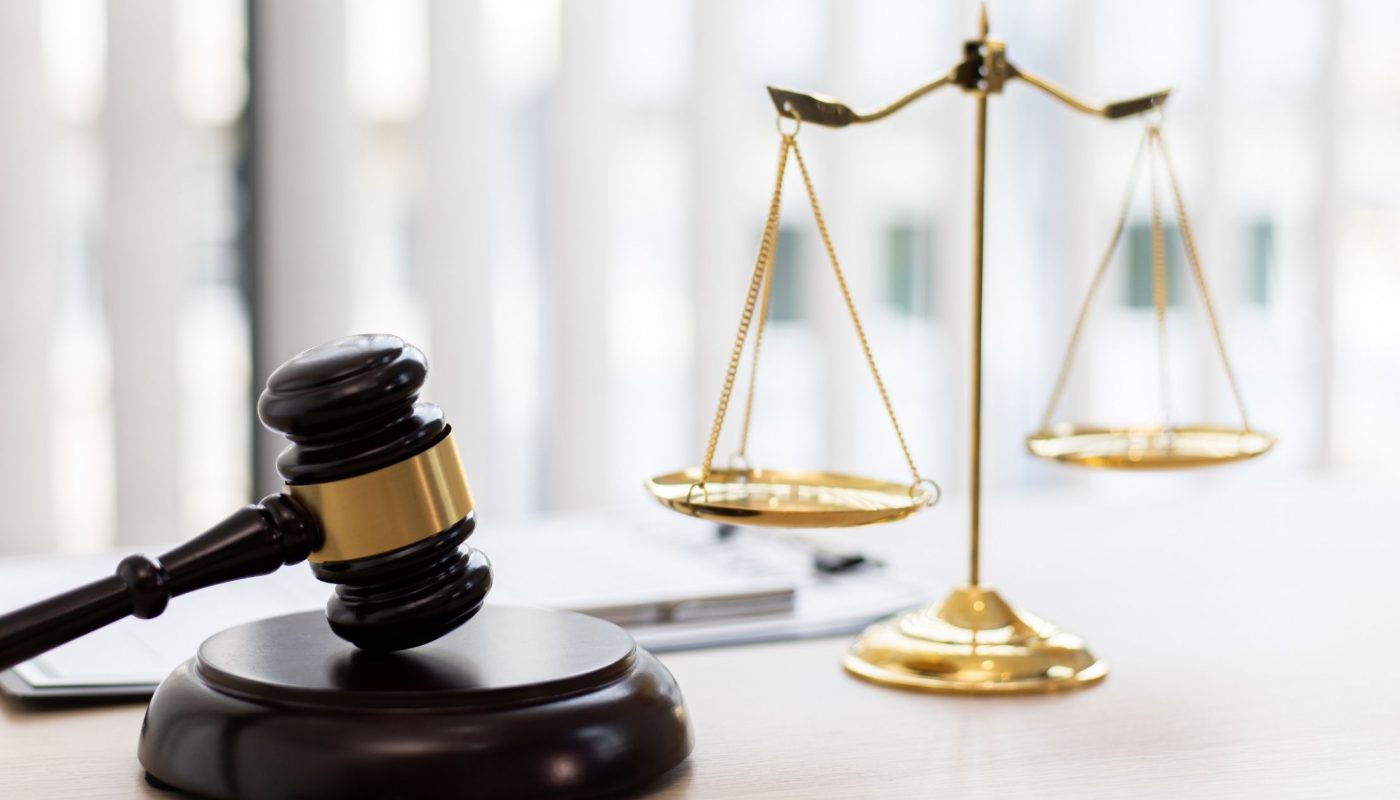Negligence is what happens when a person causes injury or damage to another due to their failure to take reasonable care. This can happen in several situations, such as car accidents, medical treatments, and slips and falls in public places.
If someone has suffered injury or loss because of someone else’s negligence, the person could be entitled to compensation — but the process of claiming that compensation can be complex.
Fortunately, personal injury lawyers specialize in dealing with these types of claims. A solicitor who has experience and expertise in this area will be able to help understand the legal rights and responsibilities. They’ll also be able to assess whether someone’s claim has merit and how much it is likely to be worth. Below are some steps to making a professional negligence claim;
Claim notification
It is important that a person provides as much information as possible to the lawyer so they can ensure all relevant aspects of the claim are covered. You can search yourlawyer.com and find a reliable attorney.
Once one has engaged a lawyer, they will generally ask to provide all relevant documents, including any written advice about the claim. They may wish to ask further questions about the matter and the expectations of the claim.
When one feels they have been the victim of negligence on the part of a professional, then they may be able to make an ‘expert medical negligence Ireland’ claim.
A good negligence lawyer will always explain the likely outcome and give estimation before one proceeds with any action. They should also inform one of any risks or costs associated with pursuing the claim and explain this in an easy-to-understand format.
After speaking with a lawyer, it is important that one feels confident in their ability to handle the matter. If feeling that they do not understand the concerns or are impatient with the questions, they are probably not the right people.
Check the law
First of all, it’s important to check that one has a potential claim. Professional negligence claims are governed by state law. The law is complicated, and it’s not always as straightforward as one might think.
A lawyer should be able to tell the person whether or not you have a good case. A person must make sure that the case falls within the timeframe set out by these laws. The timeframe for these claims is known as a statute of limitations. In most cases, a person has six years from the date of the mistake to make the claim, but other time limits apply in some cases.
Bad advice or assistance
This occurs when someone has given an individual advice or assistance that they should have been competent to provide, and that advice has caused an injury, loss, or damage.
When considering making an expert negligence claim, it’s necessary to act quickly. There is a deadline for taking action, in most cases, within three years of the incident causing the injury. It becomes much more difficult to succeed with one’s claim when this period passes. This is why it’s important to seek legal advice as soon as possible.
Breach of duty
The first stage is to establish a breach of duty by the professional. This can be done by demonstrating that the professional did not carry out their work in line with the standards of their profession or failed to do something that a competent professional would have done.
When one feels they have been the victim of negligence on the part of a professional, then tey may be able to make an ‘expert negligence’ claim. This means making a legal claim against a professional who has made a mistake and caused financial loss.
When one believes that they have suffered financial loss as a result of a professional, such as a solicitor, accountant, architect, or surveyor, then they may be able to make an expert negligence claim.
Gather evidence
Once a person has begun a claim, the solicitor will help gather all the relevant evidence. It would be advisable to record all correspondence between oneself and the professional in question, including any relevant documentation. This will help make a professional negligence claim, particularly if it needs to go to court.
This could include; medical records and any other records of treatment received, bills, receipts and other financial documents, expert reports, witness statements, photographic evidence, and any other documents or information which are relevant to the case.
Negotiations
If the law says one has a claim, the next step is to negotiate with the negligent party and try to reach an amicable settlement. If they refuse to acknowledge their mistakes or offer an amount that is too low, then there are several other options, including taking them to court.
Litigation
If negotiations fail, then the next step is usually litigation. This can be a long-drawn-out process that involves lots of legal wrangling and paperwork, so it’s generally best avoided wherever possible (especially as there are no guarantees that a person will win).




